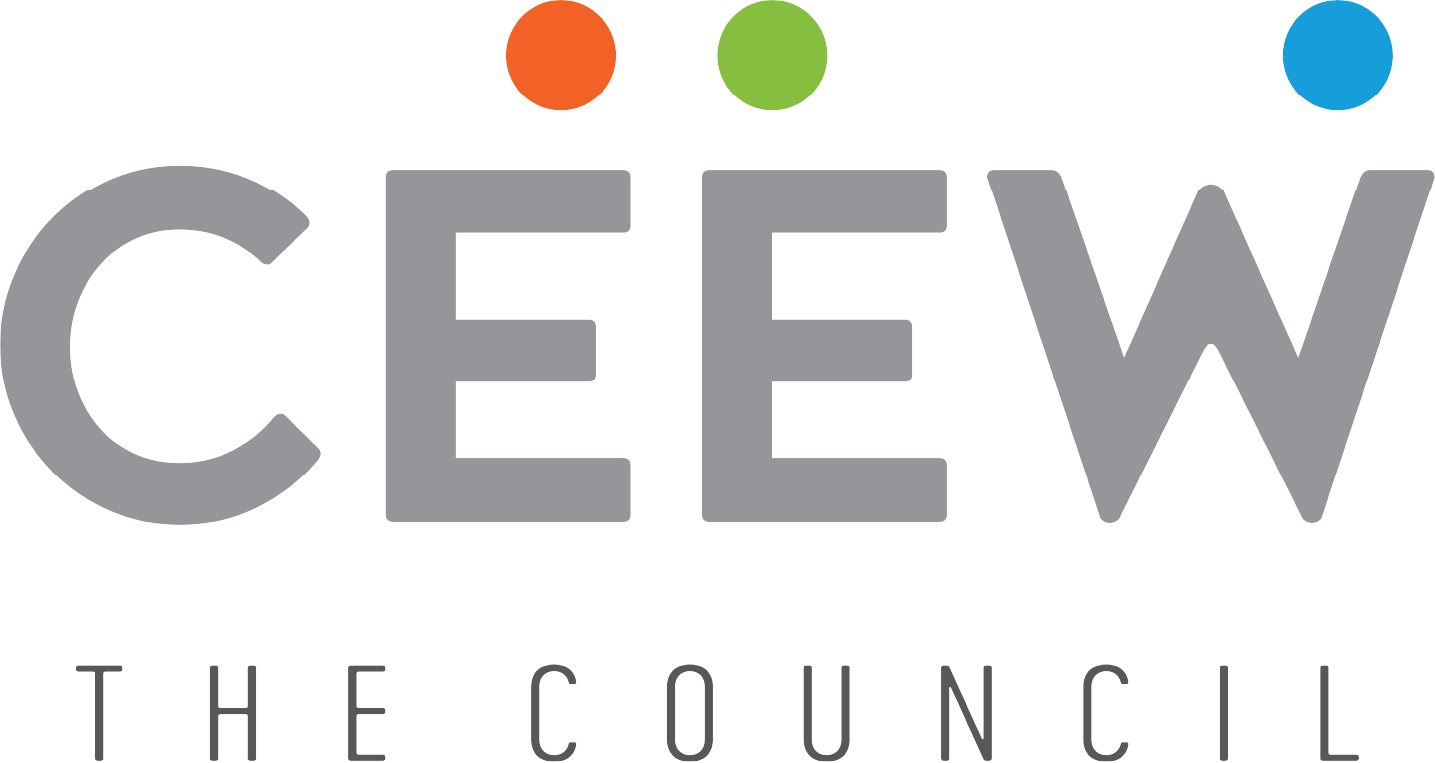Cause Area
Primary Sectors
Secondary Sectors
Geographies Served
Programs
-
Research Programme on Low-Carbon Economy
The Council on Energy, Environment, and Water (CEEW) plays a vital role in India's Low-Carbon Economy efforts. Its research team conducts comprehensive analysis to inform national and sub-national policies, focusing on understanding India's transition to a low-carbon future. It specializes in integrated assessment modelling of energy and land use systems, examining areas like carbon markets and cross-sectoral interactions (energy-water-food-climate nexus). CEEW is dedicated to building the modelling capacity of young Indian scholars and collaborates with the international scientific community. It emphasizes the need for 5,638 GW of solar-based electricity generation capacity by 2070, requiring $10.1 trillion in investments and an 85% reduction in emission intensity.
-
Research Programme on Clear-Air
StateStates
Delhi
Punjab
Uttar Pradesh
CEEW's Clean Air programme focuses on enhancing India's air quality, particularly in Delhi, Punjab, and Uttar Pradesh. Its approach comprises three pillars: data collection and analysis to identify pollutants and catalyze action, technical assistance to Government bodies for clean air strategies, and strategic outreach through initiatives like the "On Air" newsletter. Notably, INR 6800 crore was allocated to 131 cities for clean air measures, and up to 50% of urban air pollution stems from sources outside cities. Furthermore, better farm implements usage in Punjab can significantly reduce crop residue burning.
-
Research Programme on Sustainable Finance
The CEEW Centre for Energy Finance (CEEW-CEF) under CEEW conducts research in sustainable finance, with a focus on advancing the low-carbon transition in emerging economies. Its efforts aim to stimulate markets, enhance transparency, and attract investments for three key sub-transitions: the shift to renewable energy-based electricity generation, the adoption of electric and hybrid vehicles, and the transition to cleaner energy sources in industries. CEEW-CEF also addresses broader sustainable finance issues, including regulatory frameworks, carbon markets, and climate change negotiations. Its research underscores the significant investments required to achieve India's net-zero target by 2070, the consumer opportunities in the electric vehicle market, and the need for substantial investments in renewable energy generating capacity by 2030.
-
Research Programme on Energy Transitions
CEEW is actively researching India's energy transitions. India is working towards universal access to reliable and affordable energy while transitioning to a low-carbon energy mix. CEEW's Energy Transitions team supports this dual transition in an equitable and environmentally responsible manner. Its work focuses on ensuring equitable access to electricity and clean cooking energy, accelerating the deployment of renewable energy, and ensuring a socially equitable and environmentally responsible energy transition. It gathers data, evaluates policies, conducts studies, designs solutions, and creates collaborative platforms. Key achievements include providing grid electricity access to 800 million Indians, the need for significant solar and wind capacity deployment for India to reach net-zero emissions and the projection of 3.4 million jobs in India's solar and wind sector by 2030.
-
Research Programme on Sustainable Water
CEEW operates a Sustainable Water programme dedicated to informing policy-making for the sustainable development and effective management of water resources. Its research encompasses various aspects, including river basin planning, the water-energy nexus, water use efficiency, wastewater treatment and reuse, and climate-resilient water systems. Notable projects include the National Water Resources Framework Study, irrigation reform in Bihar, support for India's National Water Mission, and initiatives addressing water security, traditional water bodies, and domestic water conflicts. Its work highlights the impending water stress in 11 out of 15 major Indian river basins by 2025, the significant economic impact of enhancing irrigation water productivity, and the potential for irrigating 1.4 million hectares of cropped area using treated wastewater.
Leadership Team
Demographics & Structure
-
Organisation Strength
None
Registration Details
-
Registration Number
38 BOOK NO 4 VOL NO 1438 ON PA
-
CSR Form 1
Not Available
-
FCRA
231661640
About
-
Headquarters
Delhi, Delhi
-
Since
2010
Impact
CEEW has conducted over 330 research projects, published over 260 peer-reviewed publications, created over 130 new datasets, engaged with governments over 860 times worldwide, and organized over 410 seminars and conferences.
Vision and Mission
CEEW aims to lead policy discussions and actions on resource security, climate change and energy governance through high-quality research, partnerships with public and private institutions, and engagement with citizens.
Political & Religious Declarations
-
Political Affiliation
-
Religious Affiliation
Location
-
Headquarters
Council on Energy, Environment and Water ISID Campus, 4, Vasant Kunj Institutional Area New Delhi, India
Directions, Delhi, Delhi -
Offices in Cities
Other Details
-
Type
Non-profit
-
Sub Type
Trust
Website
Technology Adoption
-
SOC 2 Compliant
No
-
Financial Management
-
Beneficiary Management

